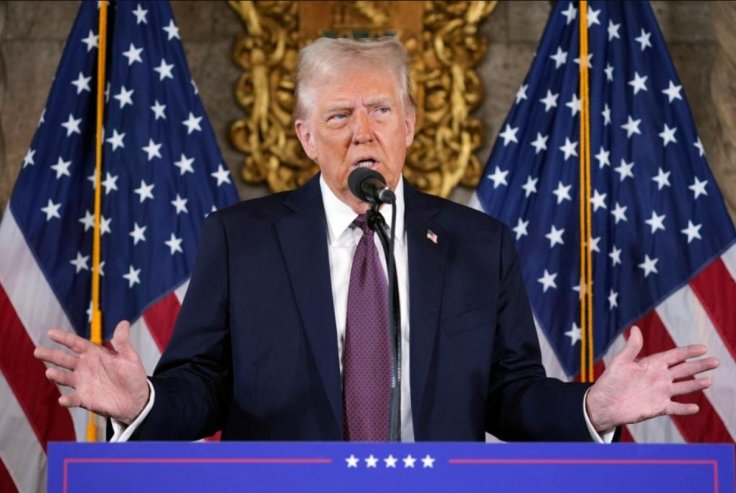The Trump administration has announced it will take full control over which reporters gain access to President Donald Trump in exclusive settings such as the Oval Office and Air Force One. This decision, revealed by White House Press Secretary Karoline Leavitt on Tuesday, replaces the long-standing system managed by the White House Correspondents' Association (WHCA), a move that has sparked concerns about press freedom and government transparency.

For decades, the WHCA, an independent organization of journalists, has overseen a rotating pool of reporters who are granted access to the president when space is limited. This system ensured that major news organizations had fair opportunities to cover presidential events. However, Leavitt declared that the Trump administration would no longer follow this tradition.
"The White House press team, in this administration, will determine who gets to enjoy the very privileged and limited access in spaces such as Air Force One and the Oval Office," Leavitt stated. She framed the decision as a necessary modernization, arguing that media access rules should evolve with changing times.
"A select group of DC-based journalists should no longer have a monopoly of press access at the White House," she added. "It's beyond time that the White House press operation reflects the media habits of the American people in 2025, not 1925."
Her statement came just one day after a Trump-appointed judge refused a request from the Associated Press (AP) to regain access to pooled presidential events. The administration had barred AP reporters from Air Force One and the Oval Office after the news agency declined to adopt the term "Gulf of America" instead of "Gulf of Mexico."
Trump, who ordered the name change early in his second presidential term, linked the AP court case to the broader press access decision. "We're going to be calling those shots now," he said, signaling that the administration would have the final say on which media outlets receive access to high-level presidential engagements.
The announcement has raised alarms among journalists and media experts, who warn that allowing the president to handpick which reporters cover him could undermine democratic norms. Many argue that an independent press is crucial for holding the government accountable.
Jon Marshall, a media history professor at Northwestern University, described the change as "a dangerous move for democracy." He warned that granting the White House control over press access could lead to favoritism, limiting tough questions from critical news organizations.
Eugene Daniels, president of the WHCA, also expressed concerns. "This tears at the independence of a free press in the United States," he said, emphasizing that journalism should not be subject to government control.
Veteran journalist Peter Baker of The New York Times also condemned the move, saying it contradicts a long-standing tradition upheld by presidents from both parties. "Every president of both parties going back generations subscribed to the principle that a president doesn't pick the press corps that is allowed in the room to ask him questions," Baker wrote on social media. "Trump has just declared that he will."
The decision has fueled fears that the administration could exclude journalists from major events based on political bias or personal preference. Critics argue that restricting access to only selected media outlets could weaken public trust and limit transparency in government operations.
As concerns grow over the new policy, press freedom advocates warn that it could set a troubling precedent for future administrations. Many are calling on the White House to reconsider its decision and restore independent oversight of press access.









